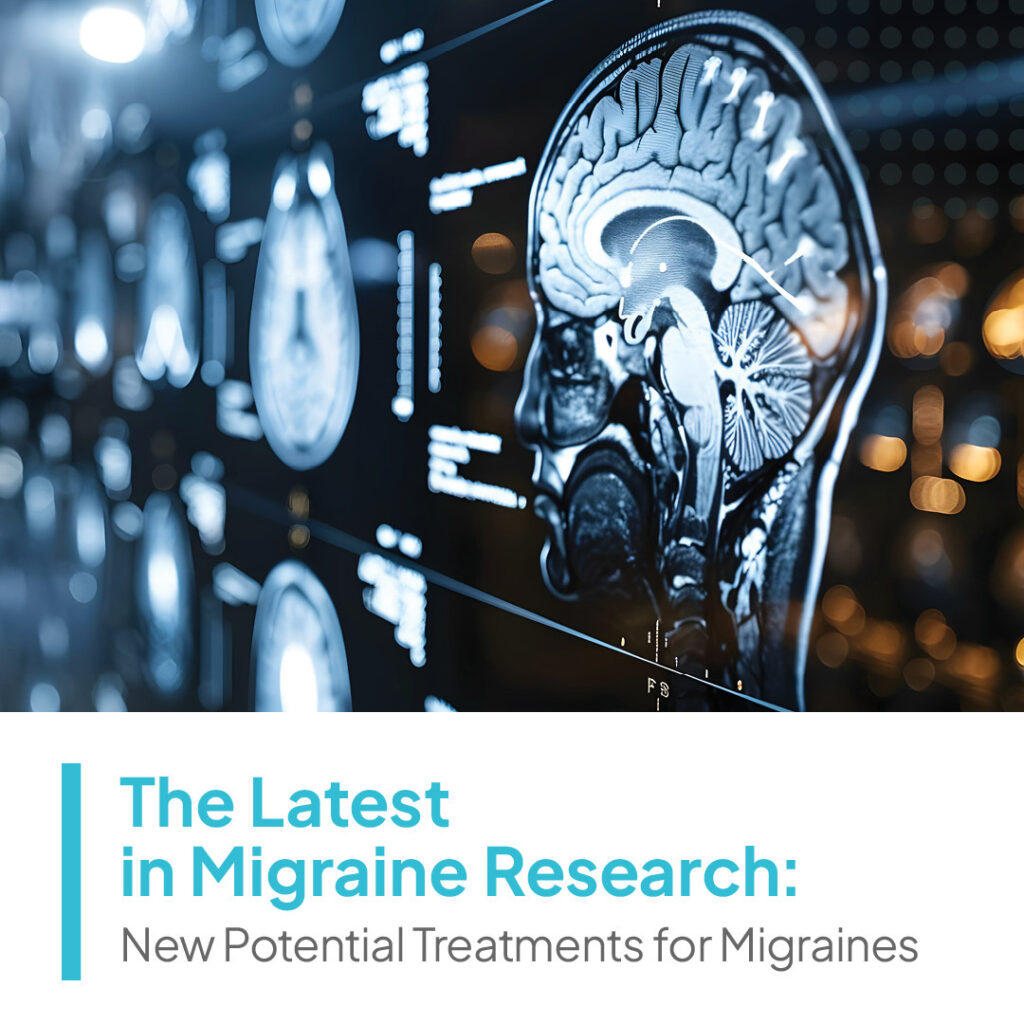What are Migraines?
Migraines are a type of headache that can cause severe throbbing pain or a pulsing sensation, usually on one side of the head. They are often accompanied by nausea, vomiting, and extreme sensitivity to light and sound. Migraines can last for hours to days, and the pain can be so severe that it interferes with daily activities.
According to the American Migraine Foundation, an estimated 39 million people in the U.S. and 1 billion people worldwide suffer from migraines. Migraines typically begin in childhood, adolescence, or early adulthood and can affect individuals differently at various stages of life.
Migraines can be triggered by several factors, including:
- Hormonal changes in women, such as fluctuations during menstrual cycles, pregnancy, and menopause
- Certain foods and drinks, such as aged cheeses, salty and processed foods, and alcohol (especially wine)
- Food additives like aspartame
- Stress and anxiety
- Sensory stimuli, including bright lights and sun glare
- Changes in sleep patterns, including too much or too little sleep
- Physical factors like intense physical exertion
- Environmental changes, such as weather or barometric pressure fluctuations
Current Treatments for Migraines
While there is no cure for migraines, numerous treatment options are available to help manage the condition. Many oral prescription medications, as well as over-the-counter products, are available to reduce the frequency and severity of migraine attacks. Additionally, preventative medications, such as beta-blockers, antidepressants, and anti-seizure drugs, can help prevent migraines.
Recently, new treatments have emerged, such as monoclonal antibodies (MABs) targeting the calcitonin gene-related peptide (CGRP), which have shown promise in reducing the frequency of migraines. Erenumab (Aimovig), fremanezumab (Ajovy), and galcanezumab (Emgality) are examples of these medications that have received FDA approval.
Other treatments include lifestyle changes, such as maintaining regular sleep schedules, managing stress, and avoiding known migraine triggers. Non-pharmacological treatments, like biofeedback, cognitive behavioral therapy (CBT), and acupuncture, can also be beneficial for some individuals.
Migraine Clinical Research
There are dozens of ongoing clinical trials to study new investigational treatments for migraines. These studies range from investigational pills targeting specific neural pathways to innovative therapies like neuromodulation devices.
These migraine research studies provide hope that a better understanding of the causes of migraines — and potentially better treatments — will be available within the next decade.
Migraine Clinical Trials at Velocity
Velocity is currently conducting clinical trials for investigational medications intended to treat migraines. The goal of these clinical trials is to study the safety and efficacy of these investigational products intended to treat migraines.
If you’re interested in learning more about or participating in a migraine trial with Velocity, visit our find a study page to speak with a recruitment specialist.
Further Reading
- The American Migraine Foundation: https://americanmigrainefoundation.org/
- National Institutes of Health (NIH): https://www.ninds.nih.gov/health-information/disorders/migraine

